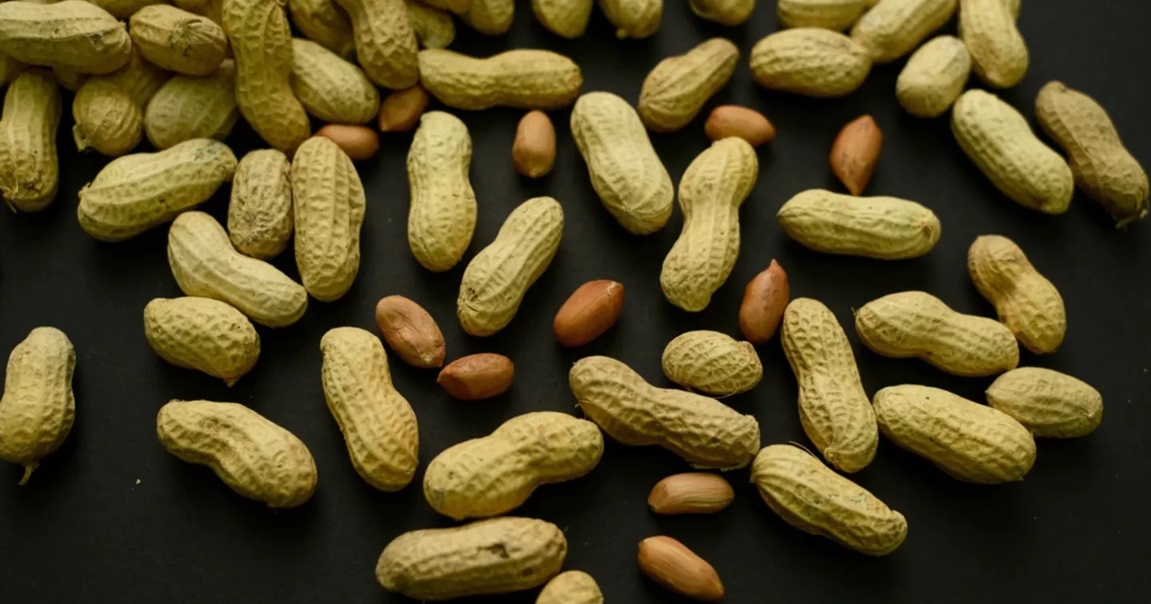Early peanut introduction helps 60,000 children avoid allergies, study finds


A decade after research first showed that introducing peanuts to babies early could prevent dangerous allergies, a new study has confirmed the real-world impact — an estimated 60,000 children in the United States have avoided developing peanut allergies as a result.
The findings, published Monday in the journal Pediatrics, show that peanut allergies among children aged 0 to 3 have declined by more than 27% since 2015, when new medical guidelines first recommended early introduction for high-risk infants. The rate dropped by over 40% after the recommendations were expanded to all children in 2017.
“That’s a remarkable thing,” said Dr. David Hill, allergist and researcher at the Children’s Hospital of Philadelphia, who led the study. “There are fewer children with food allergies today because of this public health effort.”
The research team analyzed health records from dozens of pediatric clinics before and after the introduction of the new feeding guidelines.
For years, doctors had advised parents to delay introducing peanuts and other allergenic foods until children were at least three. That changed after the landmark 2015 Learning Early About Peanut Allergy (LEAP) study, led by Professor Gideon Lack at King’s College London, demonstrated that early peanut consumption reduced allergy risk by more than 80%. Follow-up research showed that protection persisted into adolescence for around 70% of children.
Despite the clear benefits, uptake of the recommendations has been slow. Surveys found that only 29% of pediatricians and 65% of allergists had fully adopted the expanded 2017 guidance, largely due to uncertainty among healthcare providers and parents.
Even so, experts say the latest data confirm that early allergen exposure is making a measurable difference. “This research reinforces what we already know — that early introduction offers a powerful opportunity to reduce peanut allergies nationwide,” said Sung Poblete, CEO of Food Allergy Research & Education (FARE).
Current U.S. guidelines, last updated in 2021, advise introducing peanuts and other major allergens between four and six months of age, without prior screening.
“It doesn’t have to be much — just small tastes of peanut butter, yogurt, or soy-based foods,” Hill said. “These allow the immune system to learn tolerance safely.”
Parents are encouraged to consult their pediatricians for individualized advice.
Source: AP
